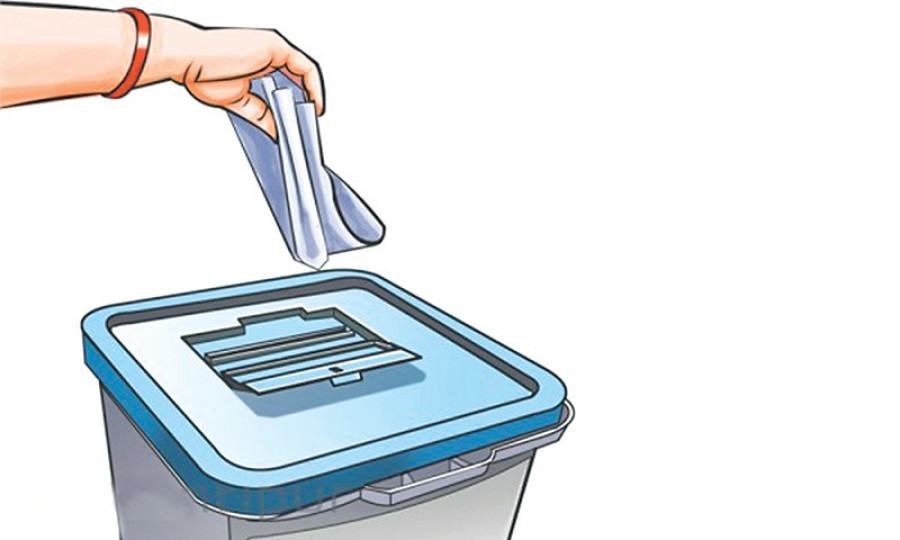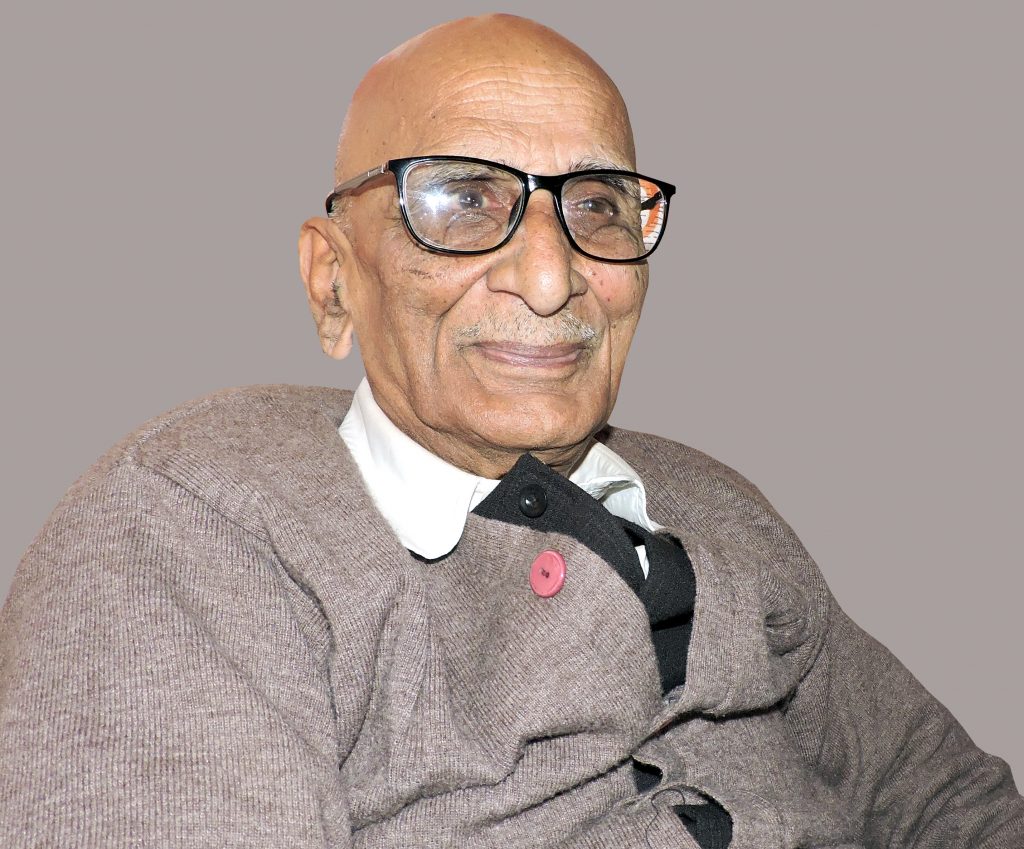Opinion
Voting for change
An integrated electoral system will not only limit electioneering costs but also make the representatives responsible to their voters.
Birendra P Mishra
The Election Commission spent Rs10 billion to hold the parliamentary election, and it is believed that the candidates spent an almost equal amount on their election campaigns despite a spending limit of Rs2.5 million each. The high cost of electioneering has increased the level of political corruption, which draws the immediate attention of the people. Hence, an electoral system has to be developed that may control this vice.
There are two major electoral systems: the first-past-the-post system (FPTP) which is based on plurality voting (where the candidate who gets the most votes is elected); and the proportional representation system under which representatives are elected proportionally as per the number of votes received by the party. These two opposite systems have some merits and also some demerits. In the developing and least developed countries, the first-past-the-post system has bad effects on politics.
It is a fact that government formation in the FPTP is easy as the candidates with the highest number of votes get elected—without needing a majority. Voters, most of whom are poor and uneducated, are lured and intimidated to cast their votes in favour of a particular candidate. Caste, clan, ethnicity and creed play important roles in winning elections. Goons, criminals and contractors with easy money are gradually entering electoral politics and are capturing state power. The quality of politics has deteriorated, as personal interests of making money have overshadowed the politics of public interest, and welfare of the masses is no longer the goal of political leadership.
Comparatively, the proportional representation system is less expensive. The candidates’ personal credibility and integrity are not at stake. Sadly, in Nepal, candidates are chosen not fairly but on a subjective basis, and senior political leaders often nominate their kith and kin. Sometimes, money too plays a major role in deciding nominations. It is commonly claimed that the representatives elected under the proportional representation system are not real representatives, as they have no specific geographic area to represent or have no geographic constituencies.
Keeping in view the merits and demerits of these two systems, it is felt that a new system should be evolved by integrating the merits and discarding the demerits of these two systems. The effort will create another hybrid system to suit countries like Nepal that have adopted both the plurality system and the proportional representation system to elect legislators to run the government. In the proposed new system, the proportional representation system can be introduced to limit the number of seats of the parties as per their share of votes or their proportionality in translating the votes received into seats won.
In the proportional representation system, not only is the link between the elected legislators and their constituents weakened, but the link between voters and their representatives is also destroyed. Hence, the candidates under the proportional representation system will not be declared elected only as per the list submitted by the parties. To get elected, they have to obtain a plurality of votes as in the first-past-the-post system. This will make the candidates responsible to their voters, and the voters will know their real representatives. Significantly, under the FPTP system, all candidates having the highest or majority of votes will not be elected, as the number of seats available to the parties is limited under the proportional representation scheme. All parties will have seats in proportion to the votes received. The number of seats will be determined as per the natural threshold.
Currently, as per the new constitution, 165 candidates are elected under the first-past-the-post system. There are 35 one-constituency districts and the remaining 42 are multi-constituency districts in the country. The one-constituency districts will elect their representatives under the first-past-the-post system only. The seats won by the parties will be adjusted against their proportional quotas. The smaller parties, whose shares will be meagre, will get preference in getting their nominees elected on a priority basis even if they do not win a plurality of votes in any constituency. Independent candidates will also be elected with a plurality of votes. The rest of the seats will be proportionally won by the major parties with a plurality or majority of votes in individual constituencies.
Elections, which are becoming ever costlier, need the immediate attention of all stakeholders. If the election is conducted under an integrated mixed system, which integrates the merits of the first-past-the-post system and the proportional representation system, it will not only limit electioneering costs but also make the elected representatives responsible to their voters. Elections for 110 seats under the proportional representation system will continue as before, and there will be one ballot for both segments to reduce the cost of elections.
The logic behind the integration is that getting the most votes in a constituency will not guarantee the victory of the candidates; the seats to be won by the parties are limited in proportion to the votes received on a national basis under the proportional representation system. If there is no guarantee that a candidate will win elections by using money and muscle, no candidate will take the risk of wasting money and using muscle power in any election to get the highest or a majority of votes. The psychology of the uncertainty of winning will deter candidates from spending large amounts of money on their election campaigns, and this will reduce political corruption significantly.
Mishra is a former election commissioner




 21.12°C Kathmandu
21.12°C Kathmandu










